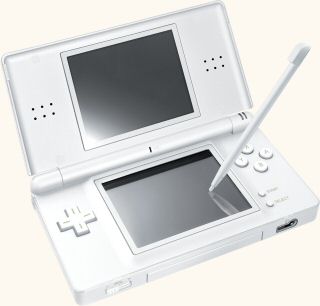 As the iPhone and iPod Touch look more like portable gaming platforms, I haven’t tired of watching Sony and Nintendo flail. They’re like two incumbent political parties having identity crises in the face of a new competitor who’s hogging the spotlight.
As the iPhone and iPod Touch look more like portable gaming platforms, I haven’t tired of watching Sony and Nintendo flail. They’re like two incumbent political parties having identity crises in the face of a new competitor who’s hogging the spotlight.
The latest round of this partisan bickering comes from Nintendo of America President Reggie Fils-Aime, who in an interview with the Washington Post argued that the Nintendo DS does things the iPod Touch does not. As proof, he pointed to the DS’s two screens, Nintendo’s franchise titles such as Mario Kart DS and New Super Mario Bros and innovative games like the recent Scribblenauts, which lets players type out virtually any PG-13 noun and have the object literally appear on the screen.
“All of these experiences are very unique and very different and what you cannot find on their App Store,” Fils-Aime said.
It’s a weak argument. Half the games Fils-Aime mentions use the DS’s second screen to provide superfluous information, and there’s nothing in Apple’s technology that precludes a title like Scribblenauts. But the major problem here is Fils-Aime’s “our console is different” mentality.
Guess what? Every console is unique in some way. Check out Dan Terdiman’s CNet article today on a new breed of iPhone games that integrate your phone and contacts. That’s unique. Or just visit the App Store and pick up a free chess app, a free tower defense game and the entirety of Wolfenstein 3D for $2. That user experience is unique.
The real question is whether one console’s unique experience is better than the competition’s. I’ll concede that Nintendo has powerful franchises in Mario and Zelda, et al, but that doesn’t make up for how Apple is capturing the casual gaming market that Nintendo covets. Nintendo needs to find a solution to that problem, and Fils-Aime needs better talking points.

 Cloud-based services are changing everything about computing–and they’re having an impact in some pretty unexpected places. Such as the Nintendo Wii, where some clever folks are utilizing the console’s Opera browser to deliver nifty little free games that even take advantage of the Wii Remote and provide online play. Jared Newman has rounded up ten of his favorites–try ’em all!
Cloud-based services are changing everything about computing–and they’re having an impact in some pretty unexpected places. Such as the Nintendo Wii, where some clever folks are utilizing the console’s Opera browser to deliver nifty little free games that even take advantage of the Wii Remote and provide online play. Jared Newman has rounded up ten of his favorites–try ’em all!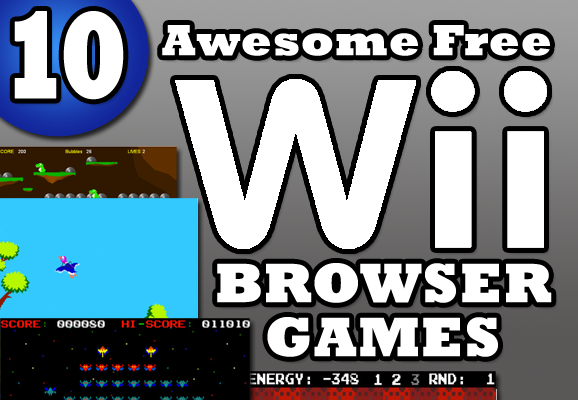 Nintendo recently made the Wii’s Opera Web browser free to all, perhaps realizing that only a fool would pay $5 for it. But even with the Internet at the command of your Wii Remote, it’s not clear what to do, especially with no support for Hulu and premium content withheld from YouTube.
Nintendo recently made the Wii’s Opera Web browser free to all, perhaps realizing that only a fool would pay $5 for it. But even with the Internet at the command of your Wii Remote, it’s not clear what to do, especially with no support for Hulu and premium content withheld from YouTube. I can’t recall my reaction when Microsoft introduced Achievements alongside the Xbox 360, but I definitely didn’t expect them to have such a profound impact on the games industry. Now, one game developer says that Achievements, particularly the easy ones, can drive game sales.
I can’t recall my reaction when Microsoft introduced Achievements alongside the Xbox 360, but I definitely didn’t expect them to have such a profound impact on the games industry. Now, one game developer says that Achievements, particularly the easy ones, can drive game sales. I got a chuckle today reading about the failed lawsuit of Playstation 3 owner Erik Estavillo, who
I got a chuckle today reading about the failed lawsuit of Playstation 3 owner Erik Estavillo, who 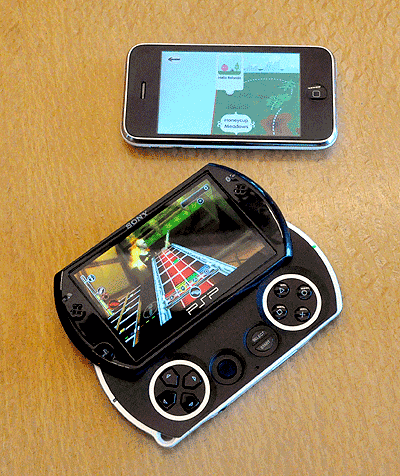
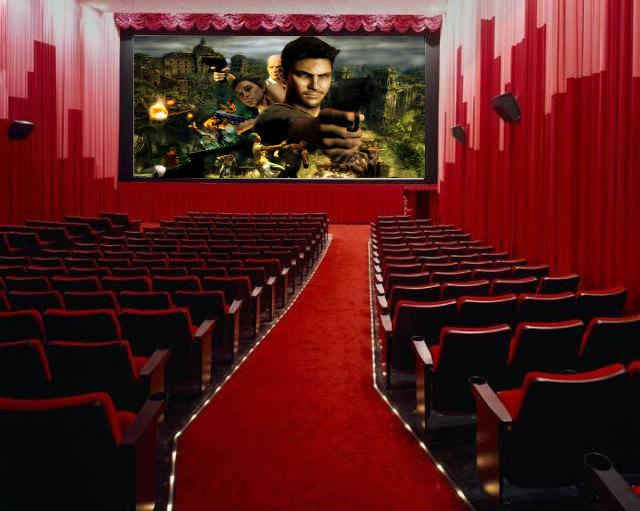 As a gamer, I’m enamored with the idea of playing a shoot-em-up on a 50-foot screen, surrounded by Dolby audio. And I can’t be the only one.
As a gamer, I’m enamored with the idea of playing a shoot-em-up on a 50-foot screen, surrounded by Dolby audio. And I can’t be the only one. Evidence that the Wii will become a $200 console is piling up, with the latest rumor coming from Best Buy management. Engadget
Evidence that the Wii will become a $200 console is piling up, with the latest rumor coming from Best Buy management. Engadget 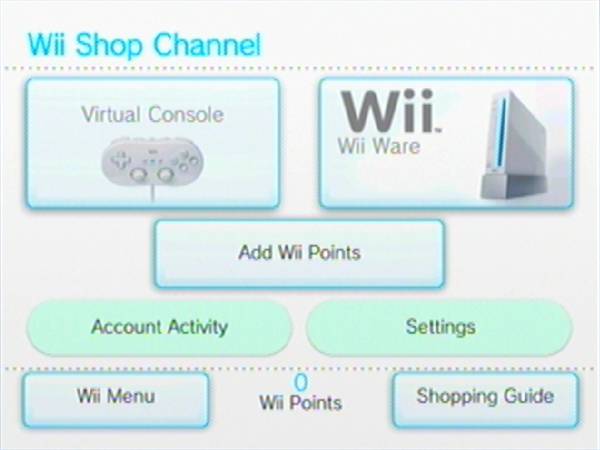 Addressing what increasingly seems like a glaring omission in its sales charts, The NPD Group says it will start tracking sales of downloadable video and computer games.
Addressing what increasingly seems like a glaring omission in its sales charts, The NPD Group says it will start tracking sales of downloadable video and computer games.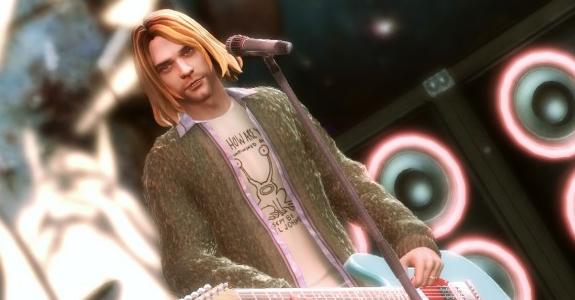 With The Beatles: Rock Band and Guitar Hero 5 released earlier this month, several musicians have spoken their minds about music games. And I wish they hadn’t.
With The Beatles: Rock Band and Guitar Hero 5 released earlier this month, several musicians have spoken their minds about music games. And I wish they hadn’t.